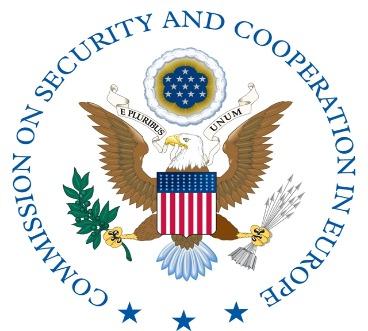From April 14 to 22, 2017, Helsinki Commission Chief of Staff Ambassador David Killion and Policy Advisor Paul Massaro traveled to Tokyo, Japan and Seoul, South Korea for consultations with these OSCE Asian Partners for Co-operation. Major topics of discussion included the call for a Helsinki Final Act-inspired arrangement for northeast Asia and the heightened tensions on the Korean Peninsula. The future of the OSCE Asian Partners dialogue and further cooperation with the OSCE and other European institutions were also discussed.
The OSCE Asian Partners for Cooperation is a grouping of countries in Asia with which the OSCE engages in a perm-anent, active dialogue, recognizing the linkages between European and Asian security. Currently, the OSCE Asian Partners include Japan, which joined in 1992; the Republic of Korea; which joined in 1994; Thailand, which joined in 2000; Afghanistan, which joined in 2003; and Australia, which joined in 2009. Mongolia was previously an Asian partner, having joined the grouping in 2004, but became a full OSCE participating State in 2012.
The trip offered Helsinki Commission staff the opportunity to get a firsthand account of the situation in northeast Asia at a critical time, and ahead of the annual OSCE Asian Partners Conference taking place in Berlin later this year.
Download the full report to learn more.
Contributors: Ambassador David Killion, Chief of Staff,
and Paul Massaro, Policy Advisor








